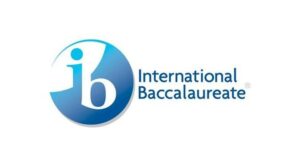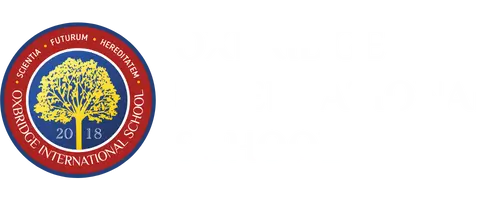Theory of Knowledge (ToK) in the International Baccalaureate (IB) program at Oxbridge International School is a key component that helps students reflect on how they acquire knowledge. It examines the question, “How do we know what we know?” and focuses on developing critical thinking, analysis, and exploration of various sources of knowledge.
Why Study Theory of Knowledge?
- Development of Critical Thinking: ToK classes help students develop skills in evaluating information and arguments, distinguishing facts from opinions, and forming their own reasoned conclusions.
- Facilitating Understanding: This subject encourages students to analyze different ways of knowing, such as perception, reason, emotional understanding, and intuition, as well as areas of knowledge including natural sciences, humanities, arts, and mathematics.
- Application of Knowledge: Students learn how knowledge influences their everyday lives and the decisions they make. This awareness helps them critically engage with information from various sources, which is particularly important in today’s information-saturated world.
How Long is Theory of Knowledge Studied?
Students at Oxbridge International School study Theory of Knowledge over the course of two years as part of the IB program, starting in the 11th grade and concluding in the 12th grade. This allows them to explore key concepts in depth and develop critical thinking skills that will be valuable not only in academia but also in life.
Assessment of Theory of Knowledge
Studying Theory of Knowledge is a mandatory component of the IB diploma program, and all students undertaking this program must study this subject.
How to Write the Essay?
According to the requirements of the IB program, the Theory of Knowledge essay must be between 1200 and 1600 words. Students choose one of the proposed topics and develop it using approaches and concepts learned in classes at Oxbridge International School.
Important steps in writing the essay include:
- Choosing a Topic: Students should select a relevant and debatable topic related to knowledge. This could involve questions about ways of knowing or issues across various areas of knowledge.
- Planning: At this stage, students create an outline for the essay, which includes an introduction, main arguments, and a conclusion. A clear structure helps logically organize thoughts and facilitates the writing process.
- Argumentation: The essay should contain clear arguments supported by examples from various areas of knowledge. Students need to demonstrate an understanding of how knowledge is formed and analyze how differences in knowledge areas can impact our perception.
- Critical Analysis: It is important not only to present information but also to critically analyze it. This may involve comparing different viewpoints, examining the limitations of certain ways of knowing, or discussing the implications of various claims.
- Conclusion: In the conclusion, the student should summarize and highlight the key findings made during the research.
Assessment of the Essay
The essay is graded by external examiners who have experience with the IB program and are familiar with its standards. This ensures objectivity and high-quality assessment. However, teachers at Oxbridge International School can provide preliminary feedback on essay drafts, helping students improve their work before final submission.
Culmination of the Study of Theory of Knowledge
The culmination of studying Theory of Knowledge is the writing of an essay on a chosen topic and conducting an oral presentation known as the “Creative Project.” These assignments require students to utilize all the knowledge and skills they have acquired throughout the course. They must be able to discuss and argue their opinions using examples from various areas of knowledge.
Impact on Final Assessment in the IB
Studying Theory of Knowledge is a mandatory component of the IB program at Oxbridge International School and has a direct impact on the final diploma assessment.
Successfully fulfilling the requirements of ToK, along with other components of the program, can enhance a student’s overall score and assist in achieving the IB diploma.
Preparation for University
Studying Theory of Knowledge at Oxbridge International School equips students with numerous skills that will be beneficial in university. The ability to critically analyze information, assess different sources, and formulate well-reasoned arguments is highly valued at the university level. Students who master Theory of Knowledge typically exhibit higher levels of independence and confidence in their approach to learning, which facilitates successful adaptation to university course demands.
Conclusion
Theory of Knowledge in the IB program at Oxbridge International School not only helps students develop essential analytical and critical thinking skills but also deepens their understanding of how knowledge shapes our perception of the world. These skills are fundamental in any field of life and will help students become more conscious, insightful, and responsible participants in society. The study of this discipline prepares students for maturity and accountability in their future academic and professional careers.









